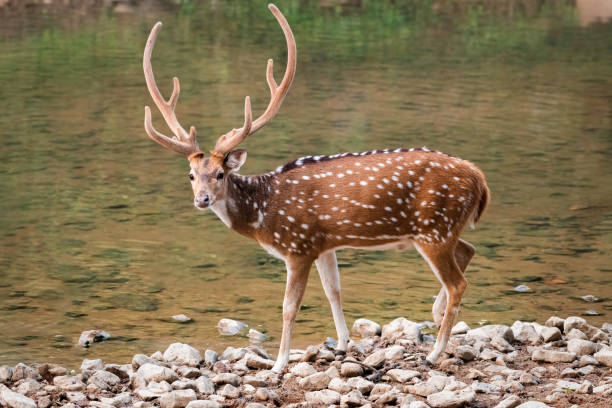Rajasthan
New Tiger Reserve in Rajasthan
- 08 Nov 2024
- 2 min read
Why in News?
An expert committee advised urgent habitat conservation and prey base development before declaring Kumbhalgarh-Todgarh Raoli sanctuary as a Tiger Reserve.
- The Union government and National Tiger Conservation Authority provided in-principle approval in August 2023. The committee will continue to define core and buffer areas to safeguard biodiversity.
Key Points
- Committee’s Recommendation:
- Habitat Limitations:
- The current area lacks the capacity to support a sustainable tiger population. The report suggests adding more areas to the proposed reserve.
- Village Relocation:
- A strategic, voluntary relocation plan for sparsely populated villages within the proposed reserve area is recommended to secure undisturbed habitats and enhance villagers’ quality of life through sustainable resettlement.
- Invasive Species Control:
- Removing invasive weeds and planting native, palatable grasses are essential to restore suitable habitats for wild herbivores and promote biodiversity.
- Prey Base Development:
- Relocating 1,000–2,000 spotted deer (chital) is recommended to boost prey availability, benefiting the population of predators.
- Anti-Poaching and Infrastructure:
- Strengthening anti-poaching measures, wireless communications, and patrol roads is necessary.
- Geographic Scope:
- The Kumbhalgarh Tiger Reserve would span approximately 1,397 sq km across Rajsamand, Udaipur, Pali, Ajmer, and Sirohi districts in Rajasthan.
- Habitat Limitations:
Spotted Deer (Chital)
- The chital, also known as the spotted deer or axis deer, is a graceful and elegant herbivore native to the grasslands and forests of India and Sri Lanka.
- They prefer open grasslands, savannas, and lightly forested areas.
- IUCN Red list: Least Concern
- Wildlife Protection Act, 1972: Schedule II.






